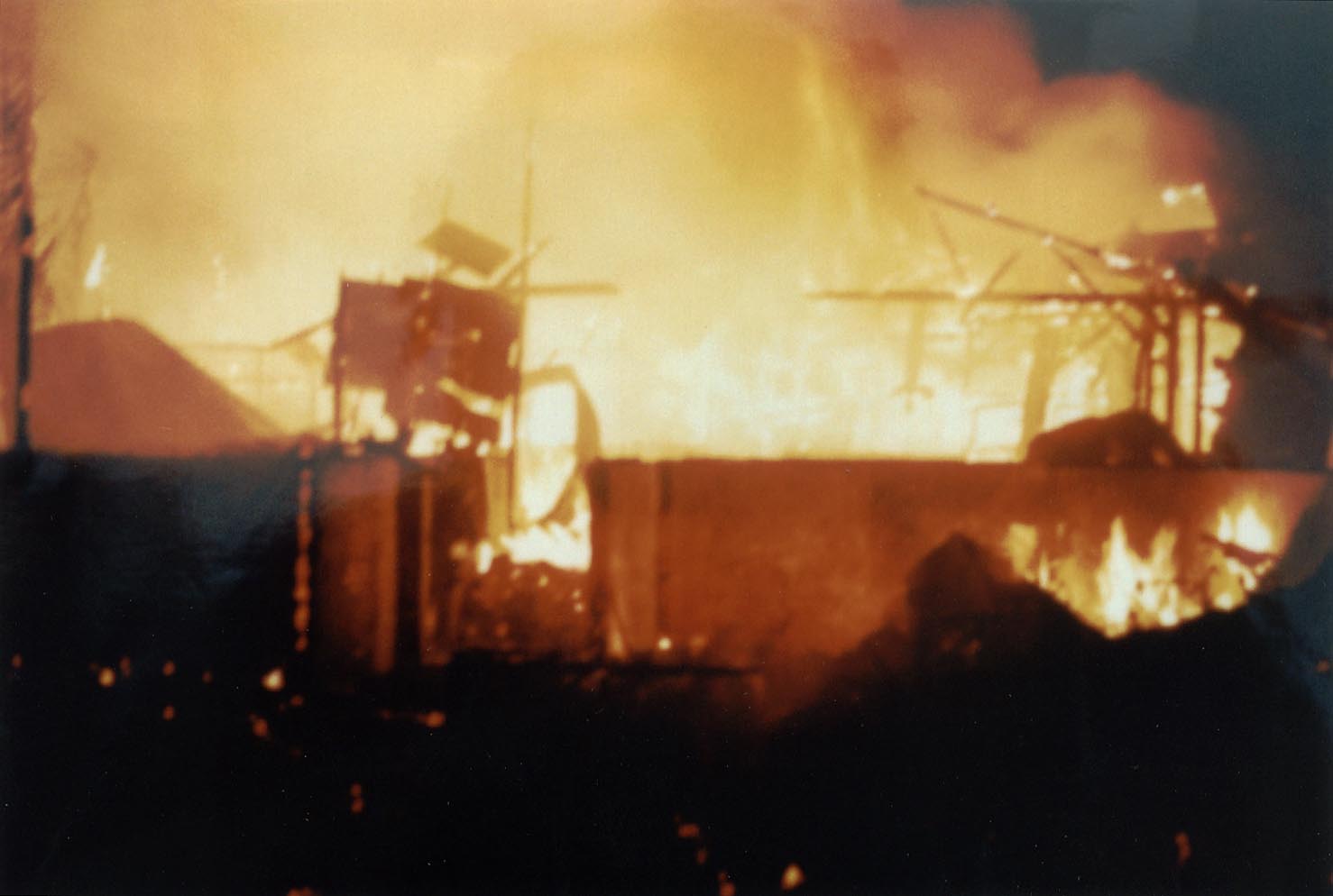
JAKARTA (BP)–Christmas Eve bombings targeting Christian churches across Indonesia killed at least 15 people and injured scores of others in Jakarta and eight other cities and towns.
National Police spokesman Brigadier Genera Saleh Saaf said the TNT-powered bombs exploded within minutes of each other in what appeared to be a coordinated assault, the Associated Press reported.
Indonesia has weathered a firestorm of political, religious and ethnic turmoil since the fall of the Suharto regime in May 1998. Since the beginning of 1999, more than 4,000 people have been killed in Christian-Muslim clashes and more than a million left homeless.
Many thousands have been forcibly converted to Islam, according to Western groups monitoring the situation in a country where Christians comprise less than 5 percent of the 210 million population.
Most of the trouble since has centered on Ambon and other Maluku (Moluccas) islands, the one part of the country to have had a sizeable Christian community. Self-declared jihad warriors from a paramilitary group called Laskar Jihad were shipped in from other parts of Indonesia, and by mid-2000 Christian leaders were begging the international community to send in peacekeepers — an option rejected by the government in Jakarta.
The Barnabas Fund, a UK-based Christian charity which monitors the Indonesian situation through daily contact with sources in the troubled areas, especially the Malukus, noted that the islands now are “almost exclusively in Muslim hands because Laskar Jihad warriors have either butchered or driven out all Christians.”
The Barnabas Fund also reported that Pakistanis, Afghans, Libyans, Saudi Arabians, Arabs and Filipinos had been identified among the Muslim militants, as well as members of the Indonesian armed forces.
“The militants have promised to ‘Turn off the candles in December’ and that no church bells will ring in Ambon this Christmas. The candle is the symbol of Ambon,” the organization stated.
The Christmas Eve bombings coincided with the final days of Ramadan, the Islamic holy month devoted to fasting from sunrise to sunset. The militants promised that the closing days of Ramadan in the Malukus would bring greatly increased violence, the Barnabas Fund said.
A statement issued by the Muslim paramilitary group, however, condemned the bombings as “immoral and politically motivated,” the AP reported.
The blast in Jakarta, outside the city’s Roman Catholic cathedral, near the presidential palace and the city’s main mosque, was ignited as prayer services were about to start Sunday night, the AP reported.
Most of the bombs were planted in cars parked outside targeted churches. Clergymen received others wrapped as gifts, the news service reported, and police defused 13 unexploded devices.
The nation’s president, Abdurrahman Wahid, a respected Muslim leader and advocate of religious tolerance, on Dec. 25 condemned the bombings as aimed at “destabilizing the government and creating fear and panic so that the government cannot work.”
“There is an effort to use the name of Islam to destroy Christians or to use the name of Christianity to destroy Muslims,” Wahid said. “This is the last breath of those who fear that if the government can remain stable we will enter a new era, an era of economic awakening and democracy.”
Wahid also pledged harsh action against the bombers, Radio Australia reported. The Jakarta Post noted that Wahid visited some of the victims of the Christmas Eve bombings at a Jakarta hospital. “The security people should have anticipated this,” the president was quoted by the newspaper as saying. “This is a lesson for us.”
Police reported making two arrests in one city, according to one news report, while the AP reported that 48 people were being questioned nationally by police, including 16 men in relation to a possible bomb factory in the city of Bandung in west Java.
–30–
(BP) file photo posted in the BP Photo Library at www.bpnews.net. Photo title: JAKARTA.















